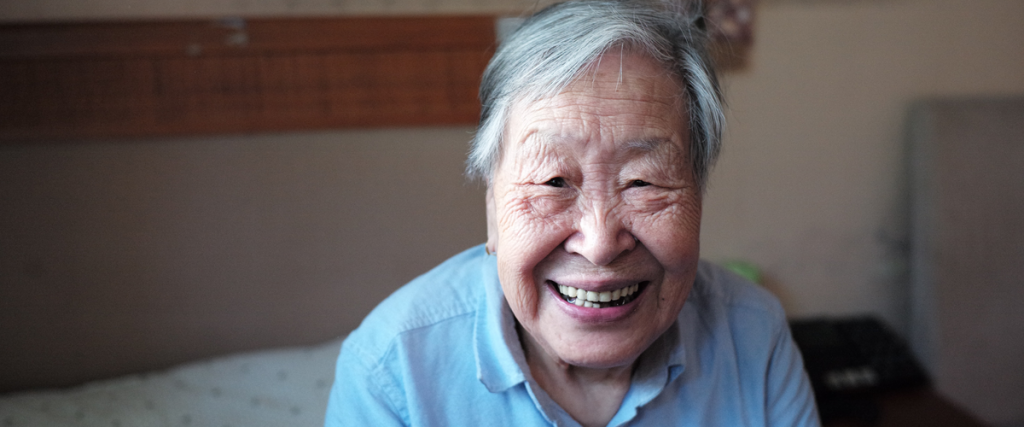Month: May 2021
Elder Abuse


An estimated 5 million older adults, or 1 in 10 older Americans experience physical, mental, and financial elder abuse, neglect, or exploitation each year. Unfortunately, it occurs in every demographic and can happen to anyone—a family member, a neighbor, even you. It is estimated that only one in five of these crimes are discovered.
Each year, throughout the month of June, the Idaho Commission on Aging, our statewide partners, and communities around the world promote Elder Abuse Awareness Month to coincide with World Elder Abuse Awareness Day, June 15. The purpose of this awareness campaign is to promote better understanding of abuse and neglect of older people by raising awareness of the cultural, social, economic, and demographic processes affecting elder abuse and neglect.
As we confront the COVID-19 virus, and physical distancing measures, we know that social isolation increases older adults’ risk of experiencing abuse, neglect, and exploitation and the likelihood of unreported instance of concerns from neighbors and others in Idaho communities. We also know fraudsters are taking advantage of this crisis with new scams. This makes the World Elder Abuse Awareness Day vision of “stronger supports for older adults” more important than ever before. Individual and community prevention efforts and supportive services help keep older adults safe and healthy, to help stop abuse before it happens.
This year, in June, join the Idaho Commission on Aging and communities around the world in bringing awareness to elder abuse as we continue our work to build strong support for elders.
Wear purple clothing or a ribbon on June 15!
When someone asks you if purple has special meaning, start a conversation about elder abuse. It’s more common than you think, and rarely discussed socially.
Resources:
- Visit to the National Center on Elder Abuse website to increase your knowledge about elder abuse.
- Learn how you can decrease loneliness in older Idahoans with the Let’s End Loneliness Campaign in Idaho.
- Visit the ICOA website to learn about programs to keep vulnerable Idahoans safe.
Melanoma Awareness Month

By: Brie Veltri, Health Program Specialist, Idaho Department of Health and Welfare
What is Skin Cancer?
- Skin cancer is caused when UV rays penetrate the skin and damage connective tissue and DNA.
- Skin cancer is the most common form of cancer in the United States.
- The two most common types are carcinomas. They are highly curable, but can be disfiguring and costly to treat.
- Melanoma, the third most common skin cancer, is more dangerous and causes the most deaths. These three types of skin cancer are caused primarily by overexposure to ultraviolet (UV) light.
Sunburn Fast Facts
- Your risk of getting skin cancer DOUBLES with five or more sunburns.
- Redness develops three to five hours after the damage is done, making it hard to tell if you are getting burnt.
- Redness peaks 12-24 hours after sun exposure.
- If you have fair skin or hair, you have less melanin. This means you are at a higher risk of a sunburn.
- Medicines, such as ibuprofen and antibiotics, can increase your risk for sunburns.
Who is at Risk?
The following might put you at greater risk of developing skin cancer:
- Light skin colors
- Blonde and red hair
- Blue or green eyes
- Personal or family history of melanoma
- Exposure to sun through work and play
- History of sunburns in early life
- History of indoor tanning
- Large number of moles
Prevention
By doing the following, you can reduce your risk of skin cancer:
- Seek shade
- When possible, outdoor activities should be scheduled to avoid peak UV radiation periods (generally between 10:00 a.m. and 4:00 p.m.).
- Cover up
- Wear hats, scarfs, or other head coverings to keep sun off your face and neck.
- Wear sunglasses to protect your eyes.
- Wear clothing that covers your arms and legs.
- Apply sunscreen
- Use sun protection factor (SPF) 30 or higher.
- Reapply sunscreen every two hours.
- Make sure to cover all areas of your face and body.
Learn More
Use these resources to learn more about skin cancer, what it is, and ways to protect yourself against it.
 Official Government Website
Official Government Website